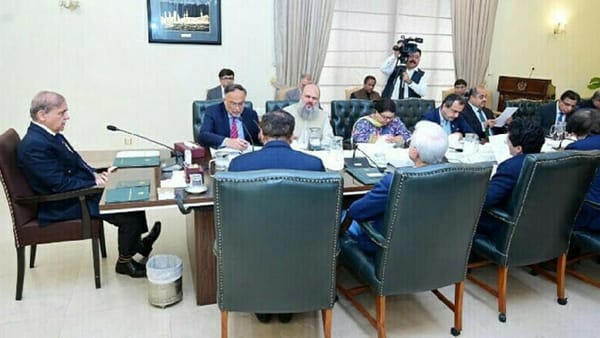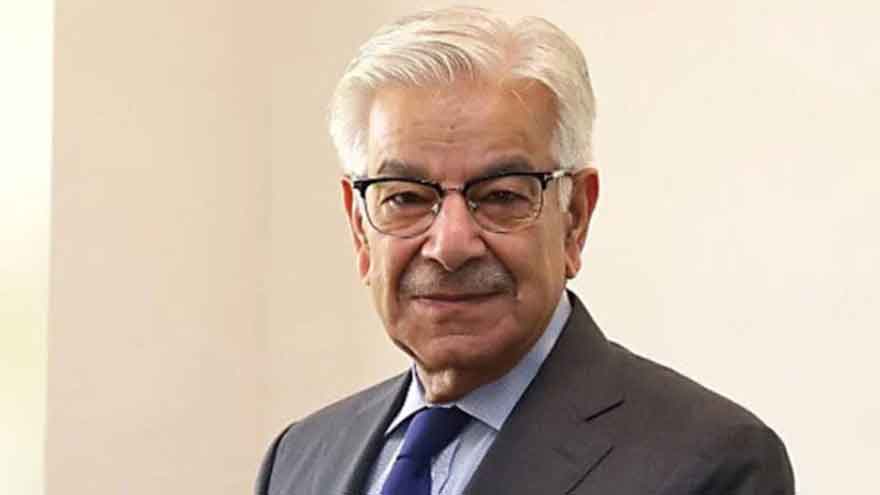Peshawar High Court restrains ECP from action against PTI in intra-party elections case
PESHAWAR: In a significant development, the Peshawar High Court has ordered the Election Commission of Pakistan (ECP) to refrain from taking any final decision against the Pakistan Tehreek-e-Insaf (PTI) regarding its recent intra-party elections.
The order came during a hearing of a petition filed by the PTI challenging the ECP's notice seeking clarification on the party's internal elections. A two-member bench, comprising Justice Atiq Shah and Justice Shakeel Ahmed, heard arguments from both sides.
PTI lawyer Qazi Anwar Advocate argued that the ECP has no jurisdiction to interfere in the party's internal affairs, including its election process. He emphasized that the commission is overstepping its boundaries and could potentially even de-register the party.
Newly elected PTI Chairman Barrister Gauhar Ali Khan reinforced this argument, pointing out that no other political party in the country has had its internal elections challenged. He asserted that those contesting the PTI's elections are not even members of the party.
Khan further expressed concerns over the ECP's alleged bias against the PTI, citing the ongoing foreign funding case as an example. He accused the commission of issuing illegal notices and attempting to silence the party.
The court, acknowledging the arguments presented by the PTI, ordered the ECP to submit its response within seven days. Furthermore, it issued a restraining order, preventing the commission from taking any action against the PTI in this matter until the next hearing.
Speaking to the media after the hearing, Gohar Khan assured that the PTI will not boycott any elections despite the ongoing challenges. He expressed confidence in the judiciary and its ability to uphold justice in this case.
The Peshawar High Court's decision comes as a major victory for the PTI, providing temporary relief from the ECP's scrutiny. However, the legal battle over the party's internal elections is far from over, and the next hearing will be crucial in determining the final outcome.




